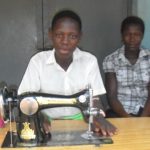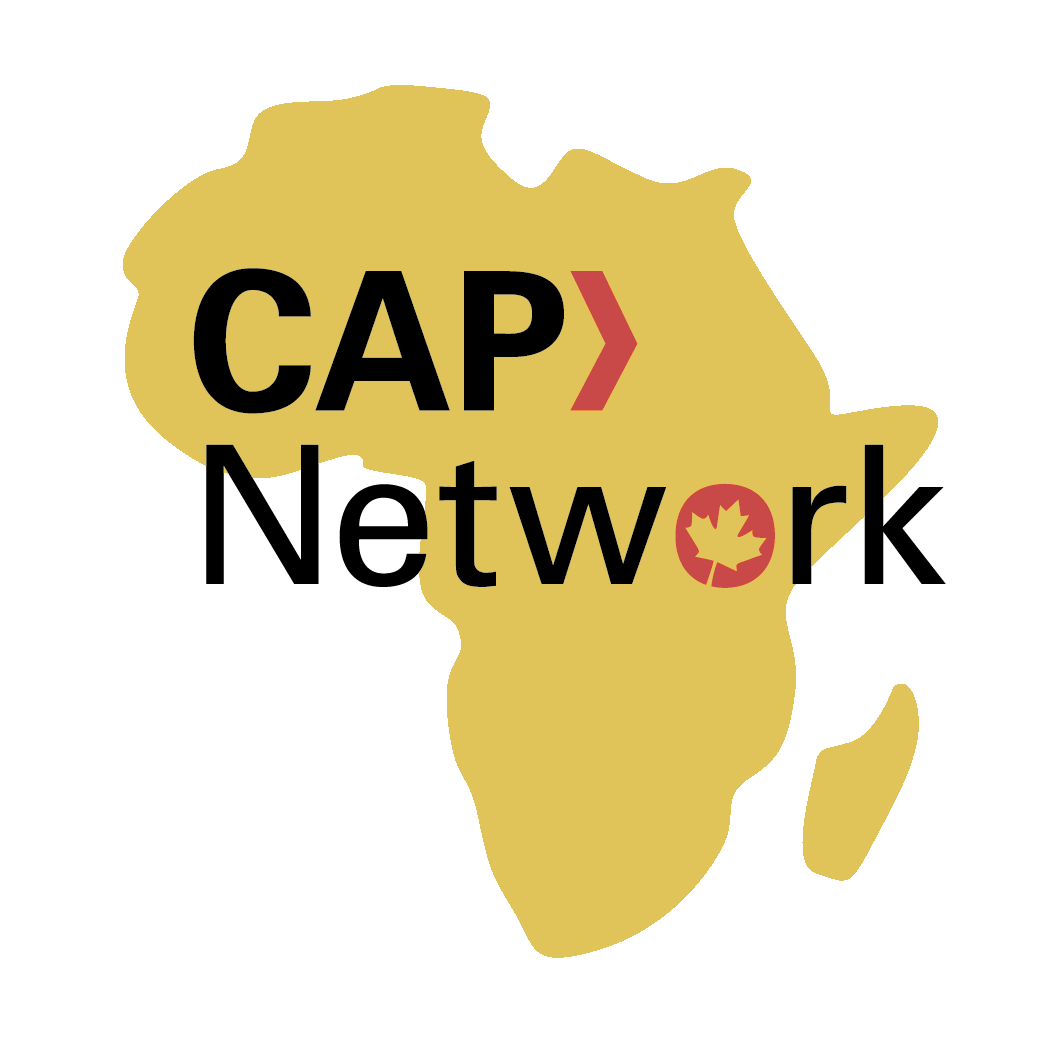 Rebecca Aumn is a vocational beneficiary of the Sustainable Livelihoods for AIDS Orphans and Caregivers Project. She doesn’t know how old she is but she guesses, 16. Her mother and father died when she was very young, and she doesn’t remember them. Rebecca and her two younger siblings were left in the care of their uncle.
Rebecca Aumn is a vocational beneficiary of the Sustainable Livelihoods for AIDS Orphans and Caregivers Project. She doesn’t know how old she is but she guesses, 16. Her mother and father died when she was very young, and she doesn’t remember them. Rebecca and her two younger siblings were left in the care of their uncle.
Life was hard for Rebecca and her siblings when they lived with their uncle. Rebecca would have to work for her school costs. She would work all day in the garden and earn only 700 Uganda shillings (29 cents CND). She couldn’t afford a school uniform, and was often teased because of this. She says “I struggled very much to get just a pen and book.”
Unfortunately when Rebecca was in P4 her uncle decided she was old enough to support her two younger siblings and made them leave his home. Even though things were hard with her uncle they were still safe at his compound. Rebecca didn’t know what she was going to do.
Then in 2010 Rebecca was selected by CAP/AIDS community based partner, Aboke HIV Women’s Association, to attend Adwoki Vocational Institute for one year. One of the AHWA members had seen how hard she was struggling to support herself and her siblings and knew she would benefit from the vocational training. Rebecca says that while at school life was very easy. For the first time she didn’t have to worry about working or food and could just concentrate on school. “I worked very hard to learn from the instructor. I remember everything. Now there is a great change in my life. I have more friends and I feel more confident.”
When CAP/AIDS brought the tailoring machines for her group of vocational beneficiaries to start their business she was looking forward to a good life. “I am looking forward to not having to work so hard in the garden. I want to help my younger sister and brother. When I start earning I will buy clothes for them. I will pay for their school fees. I had no one to help me. So I want to help them.”
When asked if she has anything else to say Rebecca responds “I hope this project continues, because there are more people like me who need help. Thank you to CAP/AIDS for helping me.”

